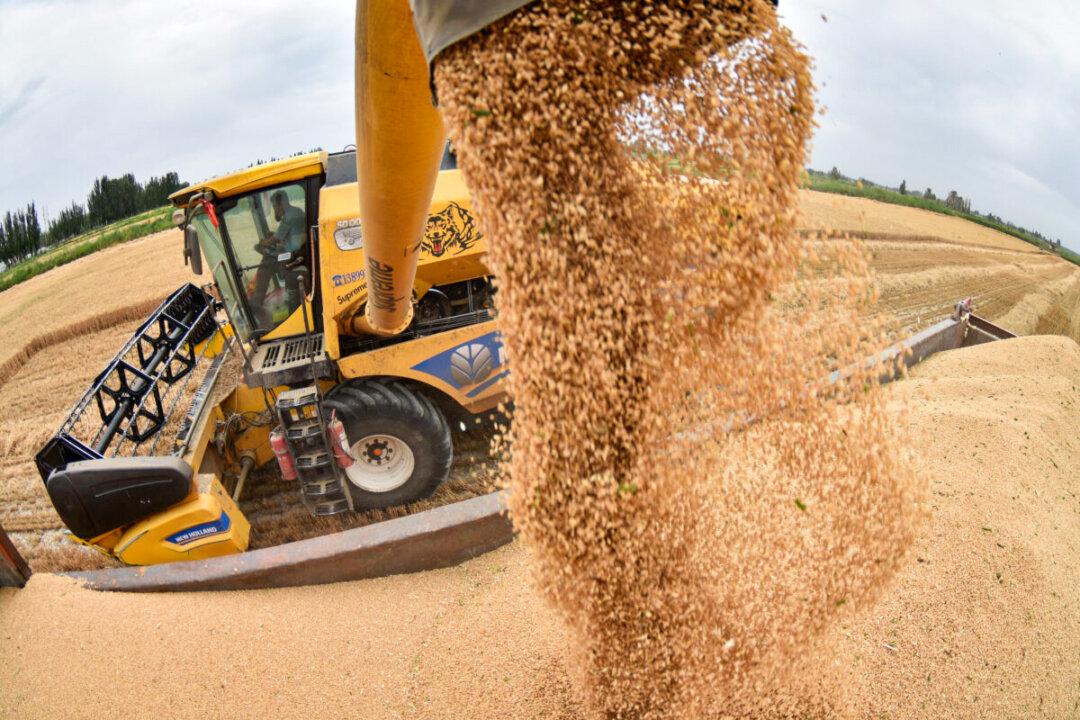Tiny as it is, a seed is like a mini biological computer. Inside it is all the genetic code—intellectual property containing billions of dollars of potential worth—that in the hands of adversaries could give them control over the food production of a country and beyond.
One unmistakable adversary in this area is China, according to Ross Kennedy, a U.S.-based logistics and supply chain analyst at Fortis Analysis.





